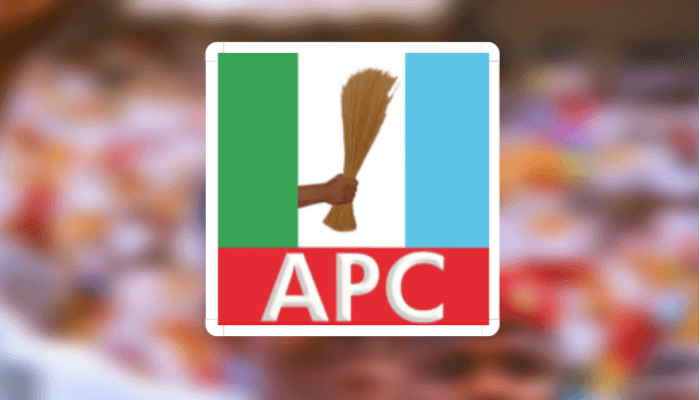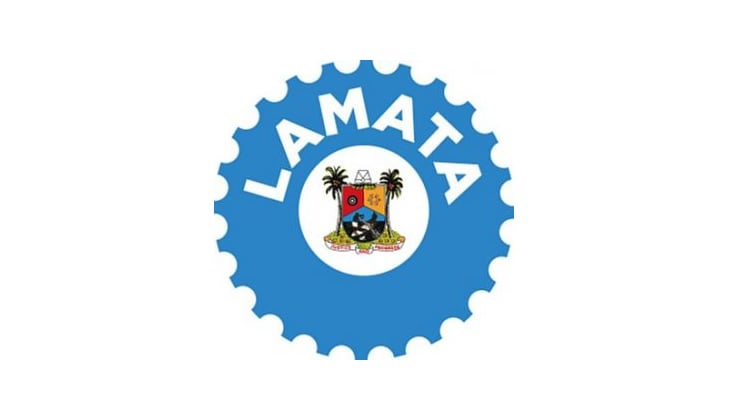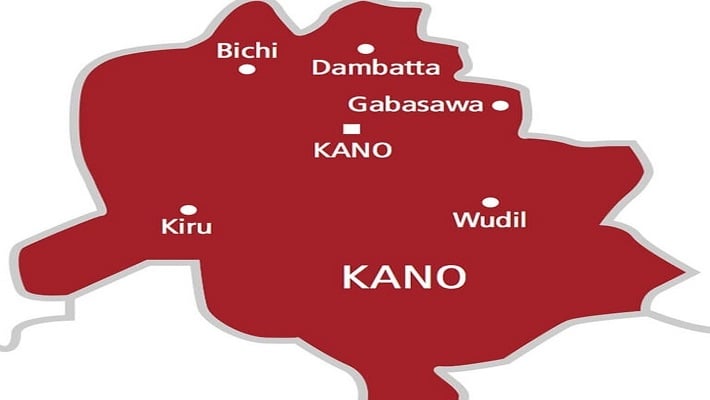Gov Bago signs MOU to set up six sugar mills in Niger
 Niger State Governor Mohammed Umar Bago has signed a Memorandum of Understanding, MoU, with three companies to establish six sugar mills to produce 1.6 million tonnes of sugar and 1.45 million tonnes of ethanol a year.
Niger State Governor Mohammed Umar Bago has signed a Memorandum of Understanding, MoU, with three companies to establish six sugar mills to produce 1.6 million tonnes of sugar and 1.45 million tonnes of ethanol a year.
The Special Adviser to the Governor on Digital Media and Strategy, Abdullberqy Usman Ebbo, who made this disclosure, said out of the six sugar mills, four will be sited in the Shiroro and Minna areas of the state.
“The agreement was signed between Uttham Sucrotech International, Rite Foods Ltd, Legacy Sugar Company Ltd and Niger Foods for a three-year, 148,000-hectare project that will see to the establishment of six sugar mills in Niger State, with four to be located between Shiroro and Minna,” he revealed.
Ebbo explained that each of the six sugar factories is estimated to have a capacity of 5000 to 15000 (TCD) tonnes of sugarcane crushed per day to produce sugar, ethanol and power (clean energy).
He stated that the sugar mills are expected to produce 1.6 million tonnes of sugar and 1.45 million tonnes of ethanol a year and, in turn, boost domestic food production and exports.
He explained that the agreement will further serve as an avenue for providing an enabling environment for investments, in addition to improving food security and the quality of life of the people while also aligning with the state government’s Green Economy Initiative.
Ebbo further stated that Uttham Sucrotech Company will bring multiple benefits to the state through sugarcane production, which includes 110,000 out-growers, refined ethanol, power generation, and cattle feeds, as well as empowering local farmers towards self-sufficiency.
He also said benefiting farmers will earn between N5 million and N6 million yearly from the 145 million-litre ethanol off-take programme and assist in promoting community growth, reducing dollar pressure, and supporting local agriculture.
” The out-grower and off-taker component of the agreement will encourage community participation in the programme, which will further the cause of poverty alleviation by creating jobs, skills acquisitions, training and encouraging community participation,” Ebbo added.







